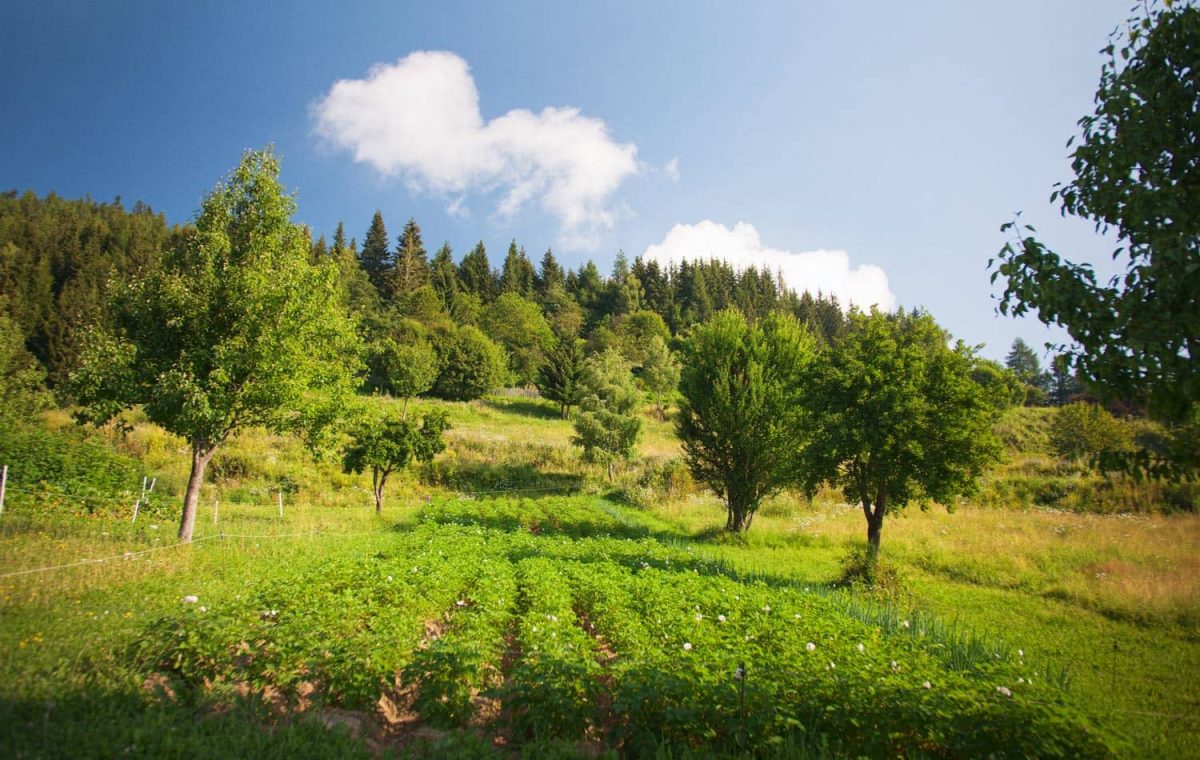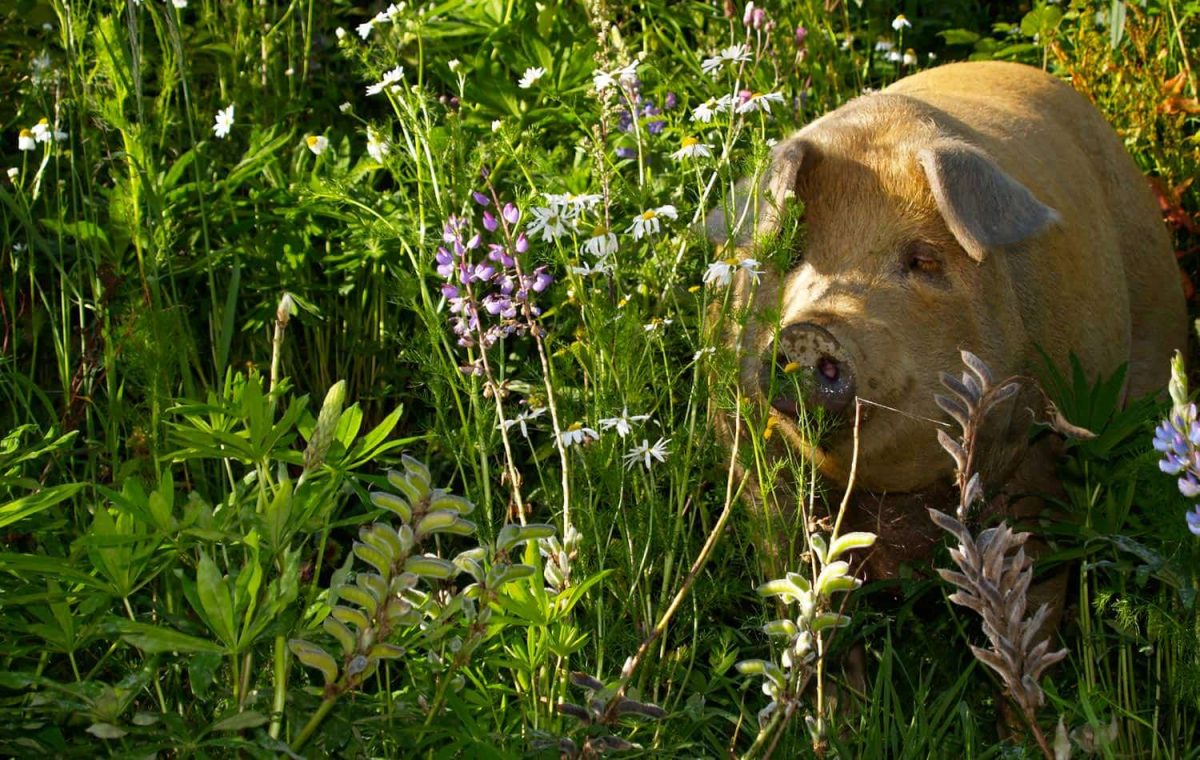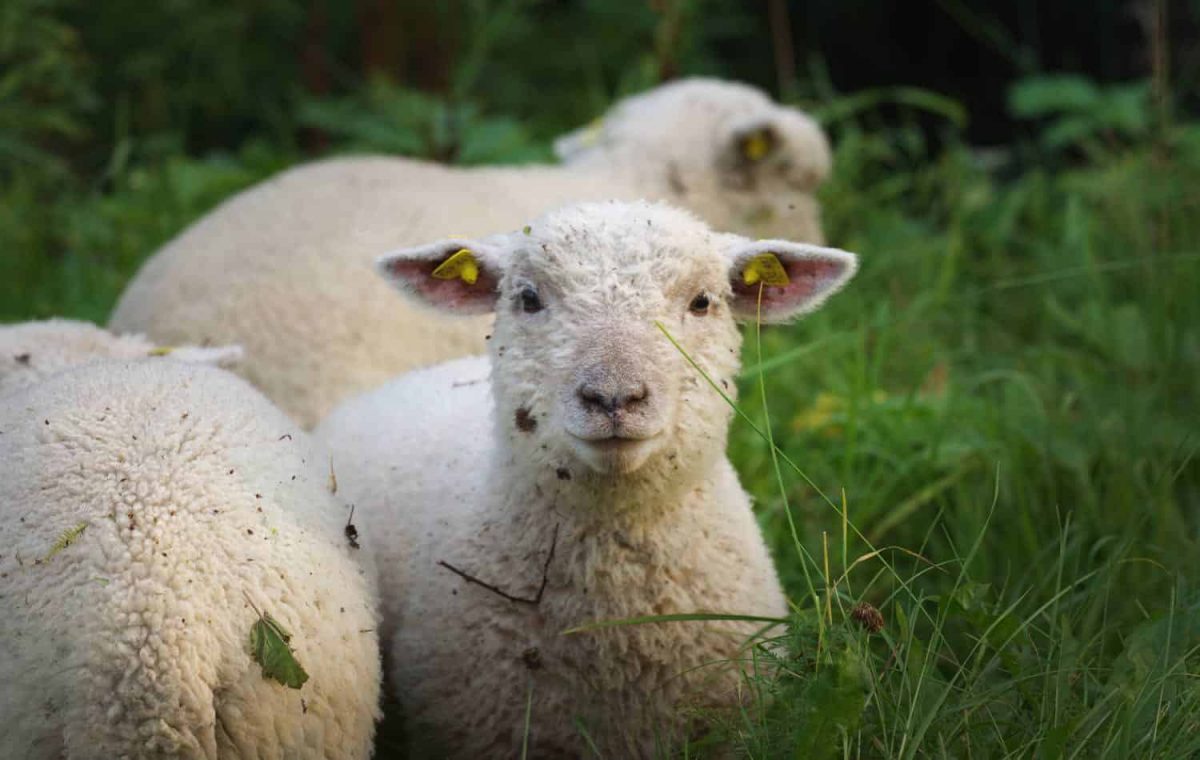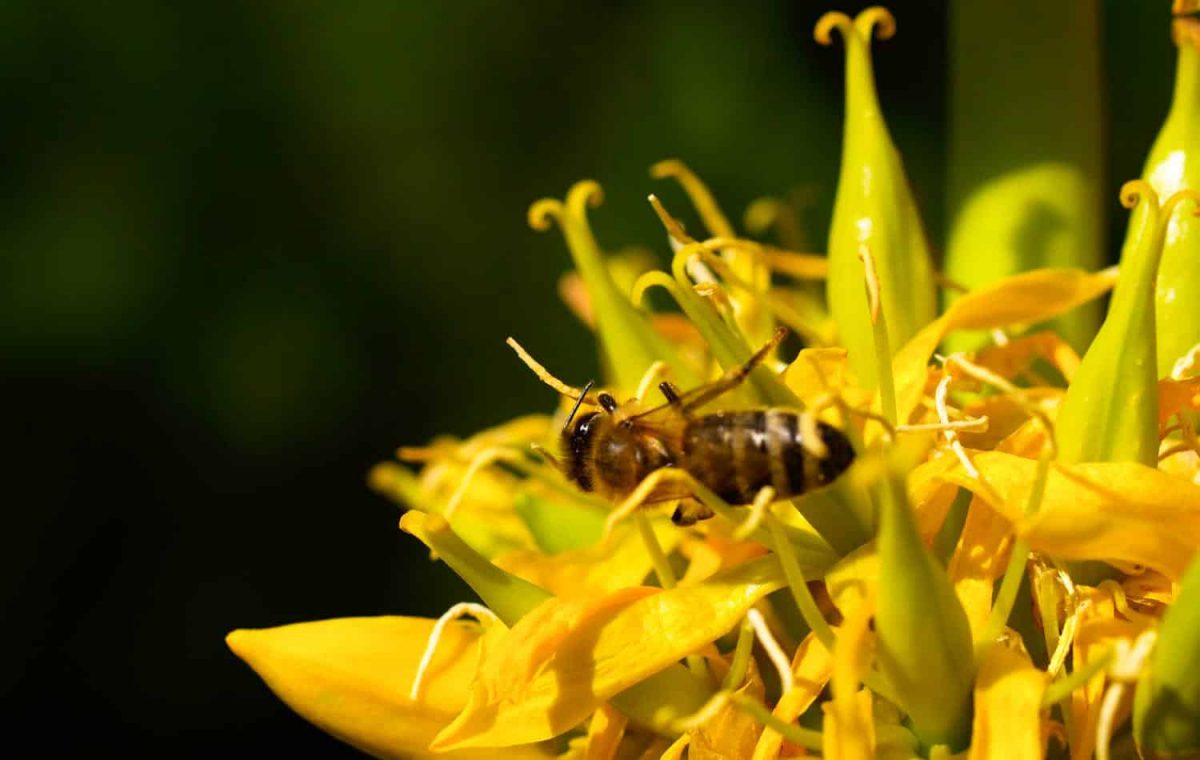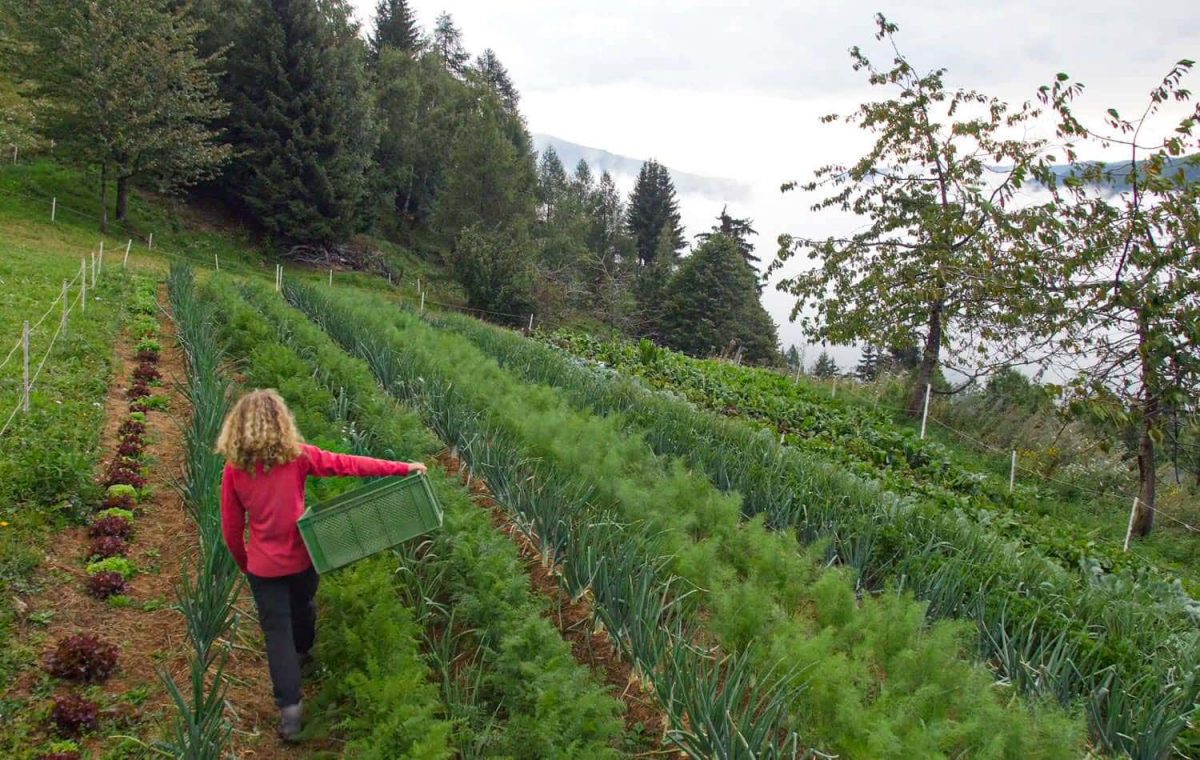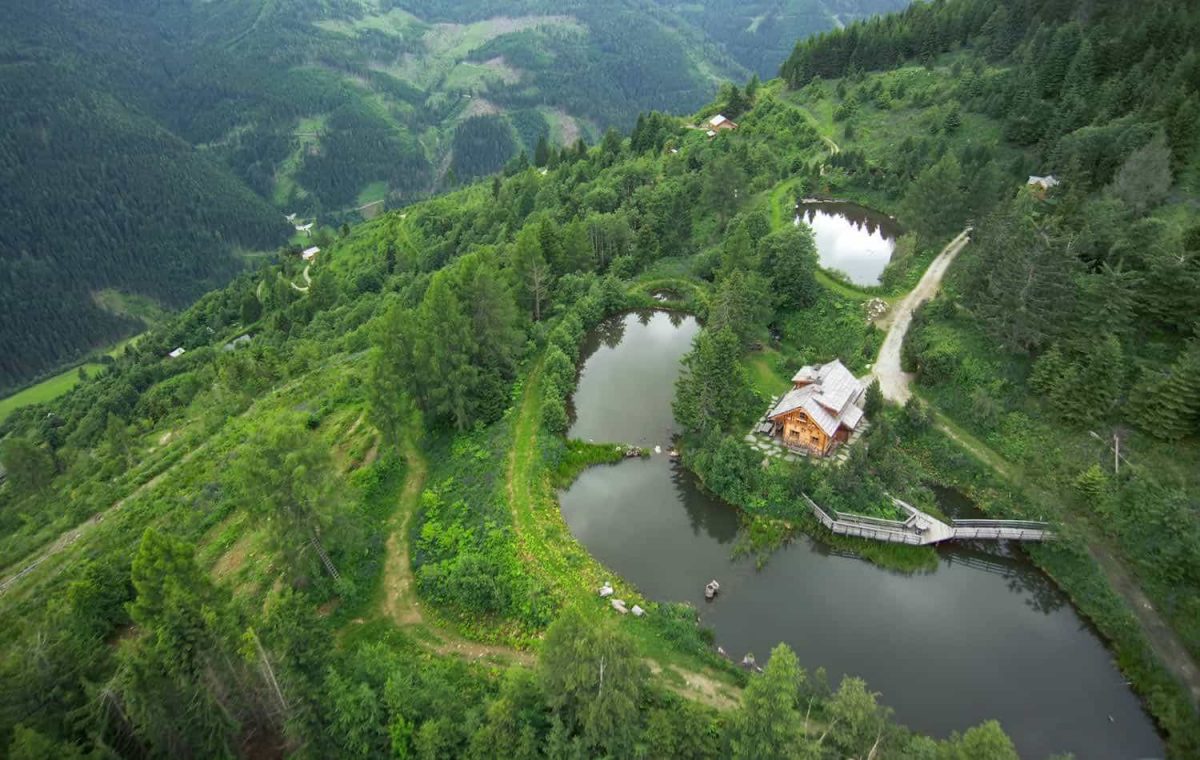A permanent agriculture
For many, the concept of permaculture is completely new. When people think about agriculture (and especially organic farming), associations like tradition or cultural landscape are evoked, whereas permaculture seems to be more of a modern concept which many associate with Australia.
The word itself does in fact originate in Australia, where Bill Mollison and David Holmgren coined the term in the 1970s. It is a contraction of the two words permanent and (agri)culture, indicating that permaculture describes a “durable form of agriculture”.
Permaculture aims to create sustainable cultural landscapes that are ecologically and economically sound. Although Mollison and Holmgren were the first to promote and popularize the term at the end of the 20th century, the concept itself is an offspring of the 19th century and has many forebearers.
If we look back in history, permaculture and organic farming have the same roots but the former is much more than just one direction that the latter can take – it is a life philosophy, a holistic approach, more of a signpost than a destination.
In contrast to many past and present fads, it has always been systematic, critical and natural scientific thinking that has shaped permaculture. From this perspective, permaculture looks deep into the landscape itself, into the practical knowledge of rural communities and into the mechanisms behind traditional cultural landscapes.
Permaculture could not exist without the knowledge and wealth of experience of rural cultures. But it has no interest in glamorizing the old days, nor is it taken in by a romanticized backward-looking approach that wants to return to the 19th century and fantasizes about an unspoiled nature that never really existed. It is much more about a change of perspective and an honest contemplation of our past and future.
One of the merits of permaculture is its willingness to gather practical knowledge from all over the world. Knowledge and inspiration can also be found in the past, and tried and tested success stories adapted to the present needs, problems and realities of life. Academic knowledge and practical, demonstrable know-how can in this way merge and fill the abstract concept of sustainability with tangible contents.
Sepp Holzer comes from an alpine farming culture proficient in the efficient exploitation of natural resources, time, money and energy. Until 1995 he had never even heard of permaculture and yet, without realizing it, had already been working for decades at the Krameterhof farm on the basis of permaculture ideas.
The ponds, water gardens and terraces which he has prized from the Schwarzenberg mountain over many years are the living evidence of a practical knowledge that goes back millennia, as well as a demonstration of his enduring curiosity and his irrepressible urge to explore and try new things.
Permaculture does not lay claim to have reinvented the wheel, but it does seek to apply all the knowledge and know-how available in order to keep it turning.
Krameterhof Newsletter
Abonniere den Krameterhof-Newsletter zum Thema Permakultur. Erhalte immer das aktuelle Kursprogramm. Nicht mehr als eine E-Mail pro Monat.
Krameterhof Newsletter
Abonniere den Krameterhof-Newsletter zum Thema Permakultur. Erhalte immer das aktuelle Kursprogramm. Nicht mehr als eine E-Mail pro Monat.
© 2021 Krameterhof • Website Entwicklung studio2.io • Impressum • Datenschutz • Downloads
